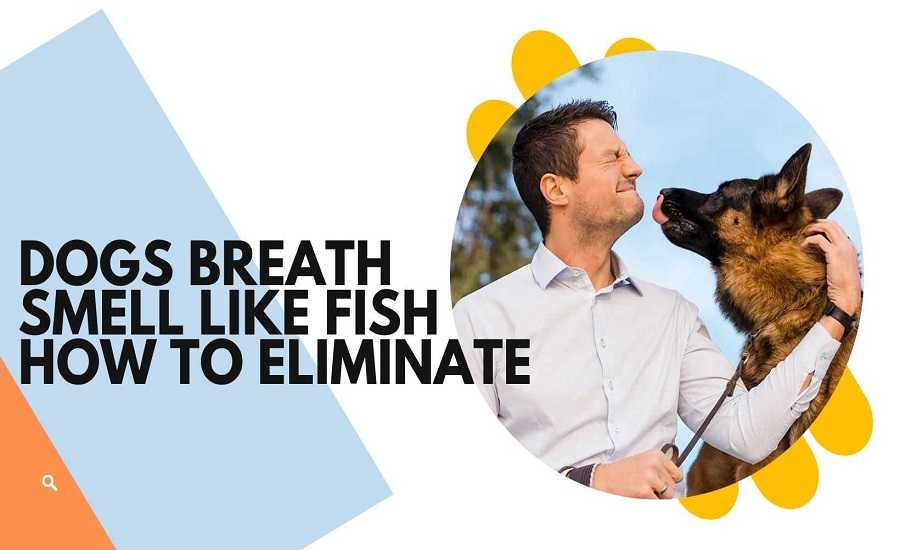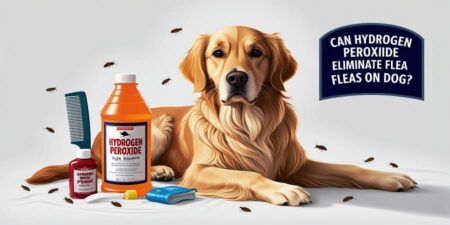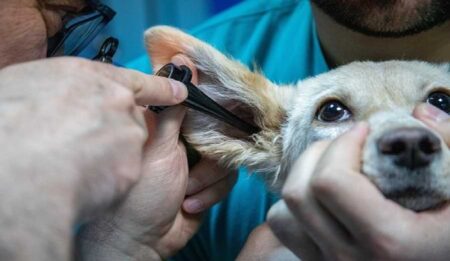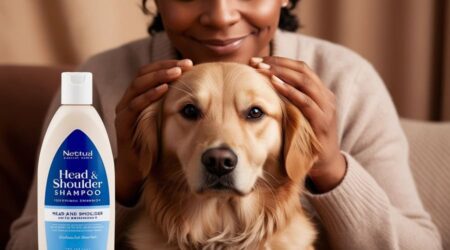A number of various problems could be the cause of your dog’s fishy breath. Dental issues like tooth decay, gum disease, and plaque accumulation are frequently the cause. Gastrointestinal problems, such as an upset stomach or the presence of certain bacteria in the digestive tract, are another explanation. The following actions can be taken to resolve the matter:
Here are the main reasons why a dog’s breath might smell like fish:
Foul Eating Habits
Dogs with foul-smelling breath may have poor eating habits. Bad breath can result from ingesting waste, excrement, or rancid food, which can bring bacteria into the mouth. Furthermore, eating certain foods—such as diets or treats high in fish—may cause breath to smell fishy.
Dietary Concerns
Dog breath odor might be influenced by dietary problems. Breath smelling like fish can result from eating meals with strong smells, such as diets or snacks high in fish. Bad breath may also be a result of inadequate nutrition in low-quality diets.
Periodontal Disease
Dogs’ foul breath is frequently caused by periodontal disease. It happens when tartar and plaque accumulate on the teeth, causing gum inflammation and sometimes infection. Breath that smells like fish can be caused by foul-smelling gases produced by bacteria linked to periodontal disease.
Trimethylaminuria
The metabolic condition known as trimethylaminuria, or fish odor syndrome, causes the body to be unable to break down trimethylamine, which gives bodily fluids including breath, sweat, and urine a fishy smell. Although this illness is quite uncommon in dogs, when it does occur, the breath may smell fishy.
Anal Glands
Dogs have little sacs called anal glands that secrete an odorous substance on either side of the anus. These glands can release an unpleasant stench that might smell like fish when they get affected or diseased. Regularly emptying or expressing the anal glands might help avoid odor problems.
Actions to eliminate dog breathe smell
Schedule a Veterinary Check-Up:
To rule out any underlying medical conditions that could be the source of your dog’s foul breath, take them to the vet for a comprehensive examination.
Dental Care:
Make sure your dog gets regular dental care, which includes brushing their teeth twice a day with toothpaste made specifically for dogs, giving them toys or dental chews that help break down plaque, and scheduling routine dental cleanings as advised by your veterinarian.
Healthy Diet:
Give your dog a nutritious, well-balanced meal to promote optimal digestive health. Steer clear of giving them food leftovers or items that can irritate their stomach or cause bad breath.
Check for Oral Injuries or Foreign Objects:
Examine your dog’s mouth for any indications of damage, foreign objects, or food particles stuck there that might be the source of the stench.
Maintain Hydration:
Make sure your dog always has access to clean, fresh water to help keep their mouth hydrated and to help flush away bacteria.
Supplements:
Take into account supplementing your dog’s diet with dental health-promoting items, such dental chews that include breath-freshening substances like mint or chlorophyll.
Regular Vet Visits:
Plan routine examinations with your veterinarian to keep an eye on your dog’s general health and to quickly address any issues that may arise.
You can help get rid of or lessen your dog’s fishy breath by taking care of any underlying medical conditions, keeping your dog’s teeth clean, and making sure their general health and nutrition are in order. If the smell doesn’t go away after taking these steps, speak with your veterinarian for more advice.
What Actions to Take if Your Dog Fishy Breath After Consuming Something
Here are some things to think about if your dog ingests something and then has fishy breath:
- Evaluate the general health and behavior of your dog.
- Look for indications of discomfort or anxiety.
- Keep an eye out for any new symptoms, such as diarrhea or vomiting.
- Provide drinkable fresh water.
- Keep a watchful eye out for any behavioral changes in your dog.
- Take into account the type of food they ate.
- If the bad breath continues or if you observe any worrying symptoms, get in touch with your veterinarian for help.Adhere to your veterinarian’s advice for monitoring or additional testing.
Reasons behind Unpleasant Dog Breath
Dental Issues: Dogs that have bad dental hygiene, such as plaque accumulation, gum disease, or tooth decay, may have bad breath.
Dietary Factors: Bad breath can be caused by eating specific meals, particularly ones that have strong smells, such as diets high in fish.
Health Conditions: Bad breath might have underlying medical causes, such as digestive illnesses or metabolic diseases like trimethylaminuria.
Anal Gland Problems: A fishy smell may come from impacted or inflamed anal glands, which might influence the dog’s breath.
Environmental Factors: Exposure to foul-smelling substances or ingesting non-food items can also cause temporary bad breath in dogs.
Consider One of These Natural Solutions for dog Breath
Herbal Remedies
Investigate natural herbs that you can add to your dog’s food or water to help freshen their breath, such as parsley, mint, or dill.
Coconut Oil
Because of its antibacterial qualities, a small amount of coconut oil added to your dog’s diet can help with dental health and foul breath.
Carrot or Apple Slices
Providing your dog with crisp produce, such as apple slices or carrots, can aid in the natural removal of plaque and breath freshening.
Green Tripe
Giving your dog green tripe, an organ meat high in nutrients, can help with digestion and lessen bad breath.
Probiotics
Probiotics can help your dog’s intestinal flora remain healthy, which may help reduce the factors that contribute to bad breath.
Frequently Asked Questions
Why does my dog’s breathe smell like fish?
A number of things, such as dental concerns, gastrointestinal disorders, or even dietary practices, might contribute to fishy breath in dogs. It could be an indication of oral bacteria or dental decay.
Can diet affect my dog’s breath smelling like fish?
It’s true that your dog’s diet has a big impact on breath odor. Some foods, particularly those high in fish or fish oils, can give your dog’s mouth an aftertaste.
Are there any dental issues that could cause fishy breath in dogs?
Dogs who have periodontal disease, gingivitis, or tartar buildup may have foul-smelling breath. These circumstances foster the growth of bacteria, which results in fishy smells.
Could my dog’s fishy breath be a sign of a health problem?
It is true that fishy breath in dogs can occasionally be a sign of underlying medical conditions including metabolic disorders or gastrointestinal troubles. If persistent odd odors are detected, it is imperative to seek advice from a veterinarian.
How can I eliminate my dog’s fishy breath?
Frequent dental treatment is essential to keeping dogs’ breath from smelling fishy. Odors can be eliminated by giving your dog dental chews or toys, brushing their teeth on a regular basis, and arranging professional cleanings with a veterinarian.
Are there any home remedies for treating my dog’s fishy breath?
Including parsley in your dog’s meal, providing dental treats or toys that lower plaque, and making sure they always have access to fresh, clean water are some at-home methods for freshening their breath.
When should I see a vet about my dog’s fishy breath?
See a veterinarian immediately if, in spite of proper dental hygiene and dietary adjustments, your dog’s breath persistently smells like fish. Bad breath that persists may be a sign of an underlying medical condition that needs to be evaluated and treated by a specialist.
Conclusion
From the information given, it is evident that a variety of conditions, including dental difficulties, dietary habits, gastrointestinal concerns, and metabolic diseases like trimethylaminuria, can cause fishy breath in dogs. To properly remove or lessen the odor, the underlying source must be addressed. Your dog’s breath may smell better thanks to routine veterinary exams, proper dental care, a balanced diet, and natural medicines like probiotics or herbal cures. It’s also important to keep an eye on your dog’s general health and consult a veterinarian if the fishy breath doesn’t go away despite treatment. Your dog’s breath may remain fresh and healthy by being proactive and getting professional aid when necessary.









